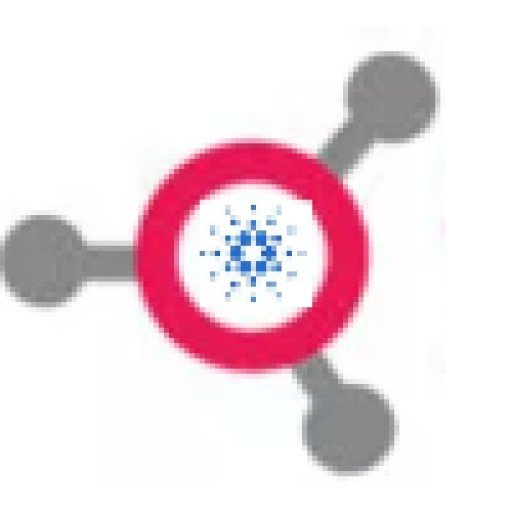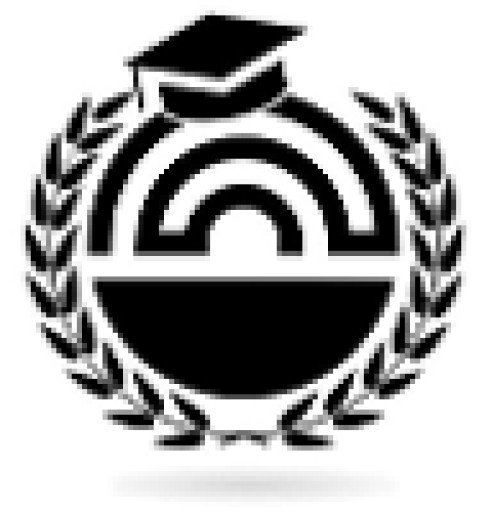Why is it important?
The CardanoCommunity, rich in diversity, skills + resources can and should act before it's too late, to provide a quality education for all.
What does success look like?
A world where regardless of your geographical location, socioeconomic status, nationality, beliefs, sex, and gender, Cardano helps you.
Key Metrics to measure
-
#of proposals that aim to elevate Cardano as the Blockchain4Good and NFT4Good social and financial infrastructure of choice
-
#proposals that aim to affect behavioural change for sustainability
-
#proposals that aim to upskill people with transformational skills
-
#proposals that aim to improve digital and financial literacy using Cardano's technology as a use case
-
# of proposals that leverage open access and open source resources, and adapt accordingly to fulfill the needs to facilitate adoption and promote Cardano’s ecosystem growth
-
# of proposals that are explicitly addressing how they impact the SDGs, in their aims and design
-
# of proposals that are measuring their positive impact throughout their project’s lifecycle
-
#of proposals from educators
-
#of proposals from students
-
# of proposals from educational institutions
-
# of proposals that aim to have educational initiatives targeting the youth
-
# of proposals that aim to have educational initiatives targeting women
-
# of proposals that aim to have educational initiatives targeting Africa
-
# of proposals that aim to have educational initiatives targeting Asia
-
# of proposals that aim to bridge ecosystems with education
-
# of research proposals
-
# of proposals with teams led by a woman
-
# of proposals with teams led by an Asian
-
# of proposals with teams led by an African
-
# of proposals with teams led by a Latin American
-
# of proposals that seek to address knowledge gaps and education for stakeholders including policy makers, decision makers, Governments, Multinational and Supranational institutions, NGOs
-
# of proposals that are submitted by teams of cross chain members
-
# of wallets downloaded
-
# of educational resources created that are open source / open access
-
# of educational resources that are translated into more than one language other than English
-
# of proposals that aim to educate on how to be entrepreneurial and leverage Cardano4Good
Challenge brief
<https://youtu.be/YUFqamr78Xk><u>What is education for sustainable development (ESD)? </u>
ESD gives learners of all ages the knowledge, skills, values and agency to address interconnected global challenges including climate change, loss of biodiversity, unsustainable use of resources, and inequality. It empowers learners of all ages to make informed decisions and take individual and collective action to change society and care for the planet. ESD is a lifelong learning process and an integral part of quality education. It enhances the cognitive, socio-emotional and behavioural dimensions of learning and encompasses learning content and outcomes, pedagogy and the learning environment itself.
ESD is a key driver for achieving all SDGs.
<u>Context:</u>
UNESCO’s recent report Learn for our Planet (2021) shows that despite progress from many governments in integrating sustainability within the education system, much more needs to be done. The research looking at the extent to which environmental issues are integrated into primary and secondary education policies and curricula in nearly 50 UNESCO Member states includes the findings that over half of education policies and curricula studied made no mention of climate change.
It is increasingly recognized that education and learning [Formal and non-formal education, as well as informal learning] are crucial for addressing the climate emergency.
Education can aim to teach us to live harmoniously within our planetary boundaries, as a part of a shared ecosystem.
Education for Sustainable Development reorients education to empower learners of all ages to act for environmental integrity, economic viability, and a more equitable society.
Education for Sustainable Development has been recognized to have the power to make progress across a wide range of sustainable development challenges and specifically across all of the 2030 Agenda’s Sustainable Development Goals by the UN General Assembly in 2017.
Education in our contemporary world is expected to instill the set of knowledge, skills, values, and attitudes in lifelong learners to thrive in increasingly diverse and rapidly changing societies and labour markets, but also impart them with a moral compass, purpose and meaning, which contribute to individual and collective well-being.
It must equip them with essential ‘transversal’ competencies, such as critical thinking, creativity, empathy, collaborative problem-solving and systems thinking to become change agents to transform our societies for the betterment of all people and the planet as responsible citizens of the global community.
It would then allow learners to learn about and shape who they are and what they want to be; to feel connected to their heritage, remain open to other ways of being and willing to learn throughout life.
UNESCO has been promoting the transformative power of education since its creation, guided by, among others, the 1974 Recommendation concerning Education for International Understanding, Co-operation and Peace and Education relating to Human Rights and Fundamental Freedoms as well as Sustainable Development Goal Target 4.7:
- 4.7 by 2030 ensure all learners acquire knowledge and skills needed to promote sustainable development, including among others through education for sustainable development and sustainable lifestyles, human rights, gender equality, promotion of a culture of peace and non-violence, global citizenship, and appreciation of cultural diversity and of culture’s contribution to sustainable development
For UNESCO, transformative education involves the teaching and learning geared to motivate and empower learners to take informed decisions and actions at the individual, community and global levels. This notably implies ensuring, for instance, the curriculum, pedagogy, learning materials, schools, or learning environments are meaningful in the natural, political, economic and cultural contexts.
Importantly, education can only be “*transformative”* when learners feel valued, acknowledged, safe and are included in the learning community as full and active members.
Education has to model the world, values and behaviours that we expect from children and the architects of the future. Educators are expected to transform their teaching into something that speaks to learners, not just something that is talked about. Learners must then engage with the world and encounter it in ways that command attention and become significant.
Teachers, Trainers and Educators play a crucial role in promoting the acquisition of skills, competencies and values to empower learners to become change agents in support of sustainable societies. This entails the appropriate training and capacity building provision for teachers and trainers to facilitate this transition. Project Catalyst with the support of the Cardano Community can direct the necessary resources towards projects that seek to close the gaps in our societies and demonstrate to the world that Cardano and its community is THE #Blockchain4Good.
<u>Our goal:</u>
Scale up the contribution of Cardano and its impactful community by highlighting and elevating the role of education and learning in solving local and global problems. Problems such as climate change. Project Catalyst can help change makers develop and implement solutions that ensure all learners acquire knowledge, skills, values and attitudes to tackle the climate crisis and the wicked problems that remain endemic in our societies.
<u>How can I get involved? </u>
Every single person can take action in many different ways every day to ensure we have a planet, a home, that sustainably allows us all to thrive, flourish and prosper. Submitting a proposal, getting funding and support via this Challenge Category is step in that direction.
<u>ESD for 2030 toolbox: priority action areas</u>
The ESD for 2030 roadmap outlines actions in five priority action areas on policy, learning environments, building capacities of educators, youth and local level action, stressing further ESD’s key role for the successful achievement of the 17 SDGs and the great individual and societal transformation required to address the urgent sustainability challenges.
This toolbox provides an evolving set of selected resources to support Member States, regional and global stakeholders to develop activities in support of the five priority action areas and of the six key areas of implementation (country initiatives, ESD network, communication & advocacy, issues & trends, resource mobilization, monitoring).
UNESCO’s ESD toolkit to support proposers along 5 priority action areas:
- Advancing Policy
- Transforming Learning Environments
- Building Capacities for Educators
- Empowering and Mobilizing Youth
- Accelerating Local Level Actions
<u>More resources:</u>
-
Education for Sustainable Development Goals: learning objectives
-
<https://unesdoc.unesco.org/ark:/48223/pf0000247444.locale=en>
-
On target: a guide for monitoring and evaluating community-based projects
-
<https://unesdoc.unesco.org/ark:/48223/pf0000186231>
#Cardano4ESD
<u>#ESDfor2030: A roadmap for Education for Sustainable Development</u>
https://www.youtube.com/embed/shorts?start=/0XTlP_PsEos?feature=share









